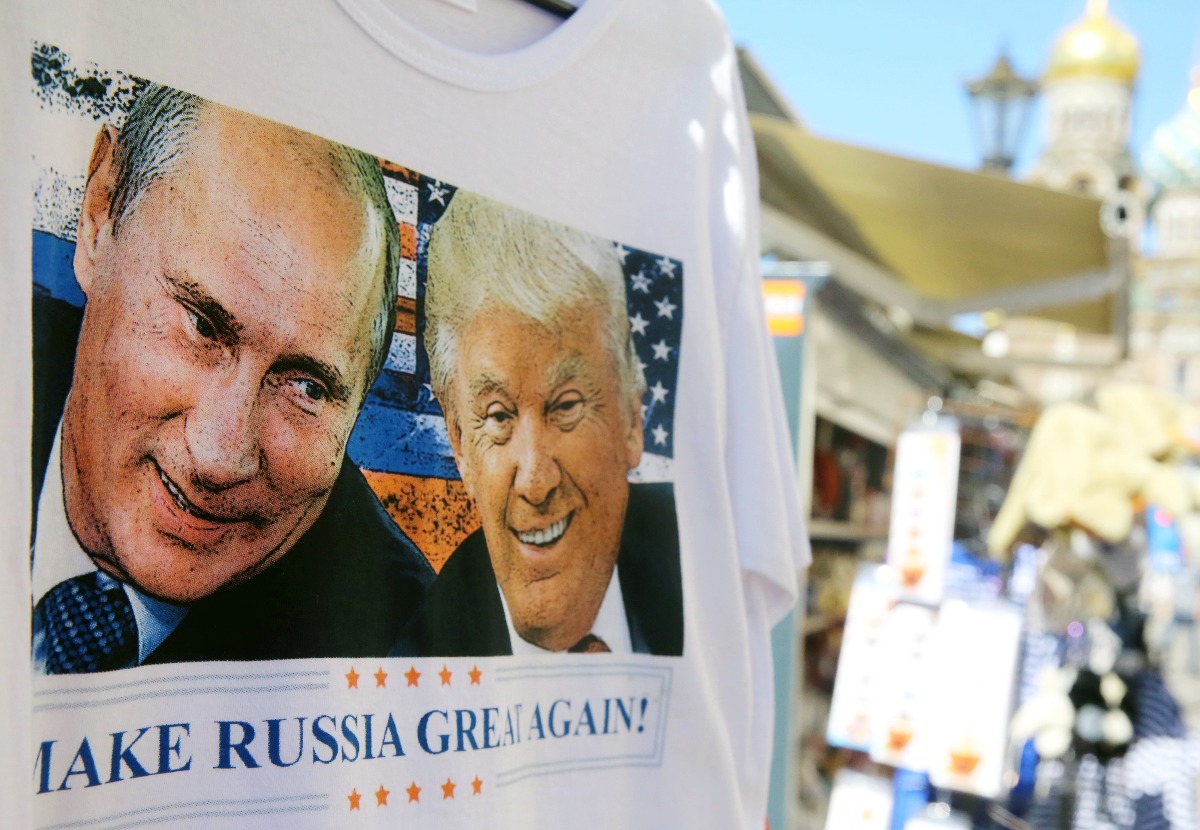
There are few hopes for any agreements at 3rd Putin-Trump meeting

Photo credit: Interpress/TASS
What happened
Vladimir Putin and Donald Trump will meet for the 3rd time on 11 November in Paris at a gathering for the 100th anniversary of the end of the First World War. There will likely be a discussion of new sanctions against Russia, but no substantive agreements are expected. Trump’s National Security Advisor John Bolton has suggested Russia could participate in the strategic containment of China — but this has few advantages for the Kremlin.
- The meeting will take place after the U.S. midterm elections, in which the Republicans are widely expected to lose control of the House of Representatives, and just two weeks before the moment when Trump is due to introduce new sanctions against Russia. According to the law, the president must choose 3 of the 6 sanctions options presented to him. These could include very harsh measures like a complete ban on trade with Russia and stopping Russia’s national carrier Aeroflot from making U.S.-bound flights.
- Putin and Trump will almost certainly talk about sanctions, but this will hardly be on the official agenda. More likely, they will discuss nuclear arms control, according international relations expert Vladimir Frolov, although a mutually beneficial outcome is difficult to imagine. The U.S. has already announced it is withdrawing from the 1987 Intermediate-Range Nuclear Forces Treaty (INF) and expressed its reluctance to renew another pillar of arms control, the 2010 New Start agreement, when it expires in 2021. The nuclear question is a particularly sensitive one for Moscow as it is the only thing that allows Russia to claim the title of superpower. Moreover, Washington’s recent strident rhetoric on this topic gives little room for successful negotiations.
- On Friday, Trump’s National Security Advisor John Bolton said the U.S. would like to discuss with Russia the threats posed by China. This is an old idea of the Republican establishment, which sees China, not Russia, as the real strategic adversary for the U.S. — but in reality there is zero chance that Moscow will act against China, according to Alexander Gabuev, an expert on China at the Carnegie Center in Moscow.
Why the world should care
Russian foreign policy experts are sure the exit of the U.S. from the INF Treaty will trigger an asymmetrical response from Moscow, although what this could be remains just guesswork. In Paris, even if Trump and Putin manage to look like they are cooperating on something it will help lessen the diplomatic tension between the two countries.




